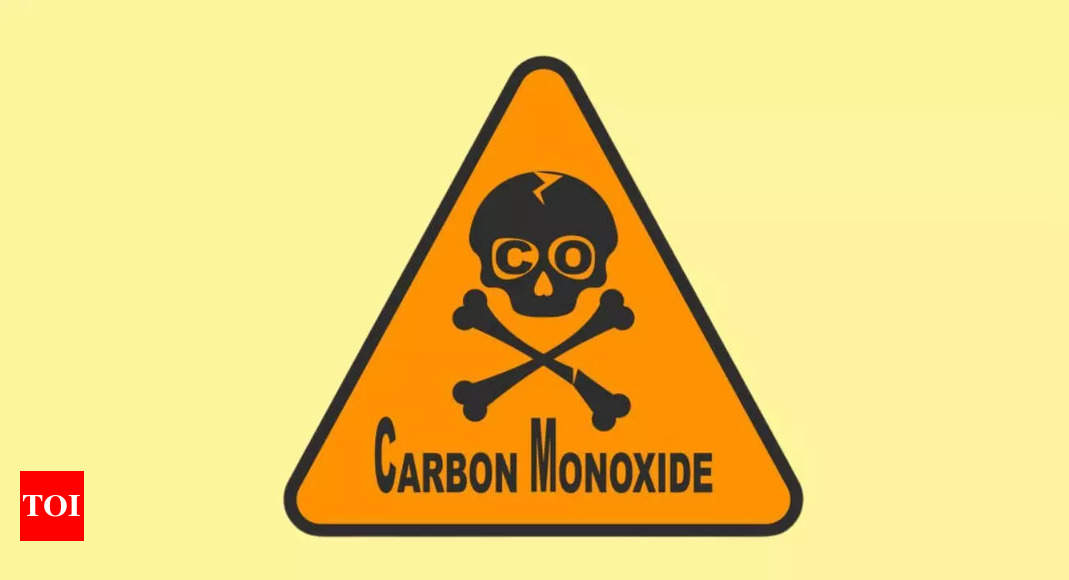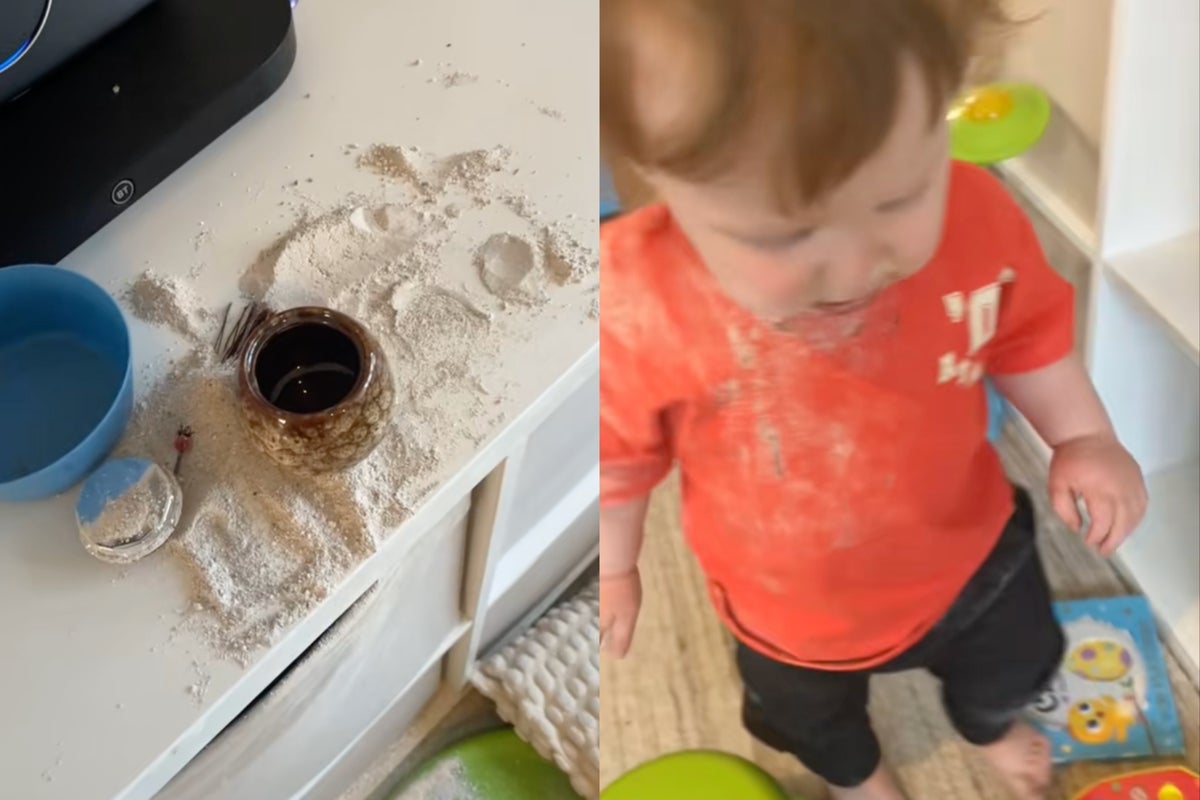
Intermittent Fasting May Impact Hair Regeneration: Study – News18
Last Updated:
In the new study, Bing Zhang of Westlake University in China and his colleagues examined the impact of intermittent fasting on hair regeneration using a mouse model.
Hair growth slows under fasting diets.
Intermittent fasting is an eating pattern that switches between periods of eating and fasting. Common methods include the 16:8 approach– 16 hours of fasting followed by an 8-hour window of eating– and alternate-day fasting. While about 13 percent of Americans now practice some form of intermittent fasting, largely for weight loss and metabolic health, this new study raises questions about its effects on hair growth.
A new study published in Cell has revealed a possible downside to intermittent fasting, a diet widely used for its health benefits. It, now, appears that this approach can significantly slow hair growth, according to findings in animal and human models.
In the new study, Bing Zhang of Westlake University in China and his colleagues examined the impact of intermittent fasting on hair regeneration using a mouse model. Mice were subjected to a time-restricted feeding schedule, 16:8, or alternate-day fasting, while a control group had unrestricted access to food. The results were striking.
Slower Hair Growth: Partial hair regrowth was found in mice with intermittent fasting after 90 days of the experiment, while the mouse in the control group had their hair almost fully regrown within 30 days.
Impact on Hair Follicle Stem Cells (HFSCs): HFSCs, important for hair regeneration, could not tolerate the oxidative stress linked to metabolic switching from glucose to fat during the fasting periods; this led to their increased apoptosis (programmed cell death).
The study has pointed to a few of the mechanisms that explain how intermittent fasting might influence hair growth.
Oxidative Stress: Fasting forces the shift of energy production from glucose to fatty acids. HFSCs are not well adapted to cope with the oxidative stress related to this shift. The accumulation of free fatty acids around hair follicles results in increased levels of reactive oxygen species which may damage cells and inhibit their function.
Hormonal and Metabolic Changes: Intermittent fasting changes the balance between the levels of hormones and a pathway in metabolism significant for the maintenance of healthy hair cycles. Specifically, it affects the transition from the resting stage to the growth stage in hair follicles.
Given that most of the findings came from mice, some intriguing early findings from a modest 49-subject clinical trial suggest that similar but weaker effects take place in humans because of metabolic rate and differences in hair growth. Those who followed the regimen of 18-hour fasting saw their hair growth velocity reduced by 18 percent, compared with those on regular diets.
Experts stress caution among the practitioners of intermittent fasting. According to bariatric surgeon Dr Hans J. Schmidt, intermittent fasting does cause weight loss, and hair loss is possible when the weight gets lost too fast with any form of diet. Similarly, dietitian Monique Richard stresses nutrition should be optimized while on any diet for overall health, and this will also protect against such side effects as hair loss.










